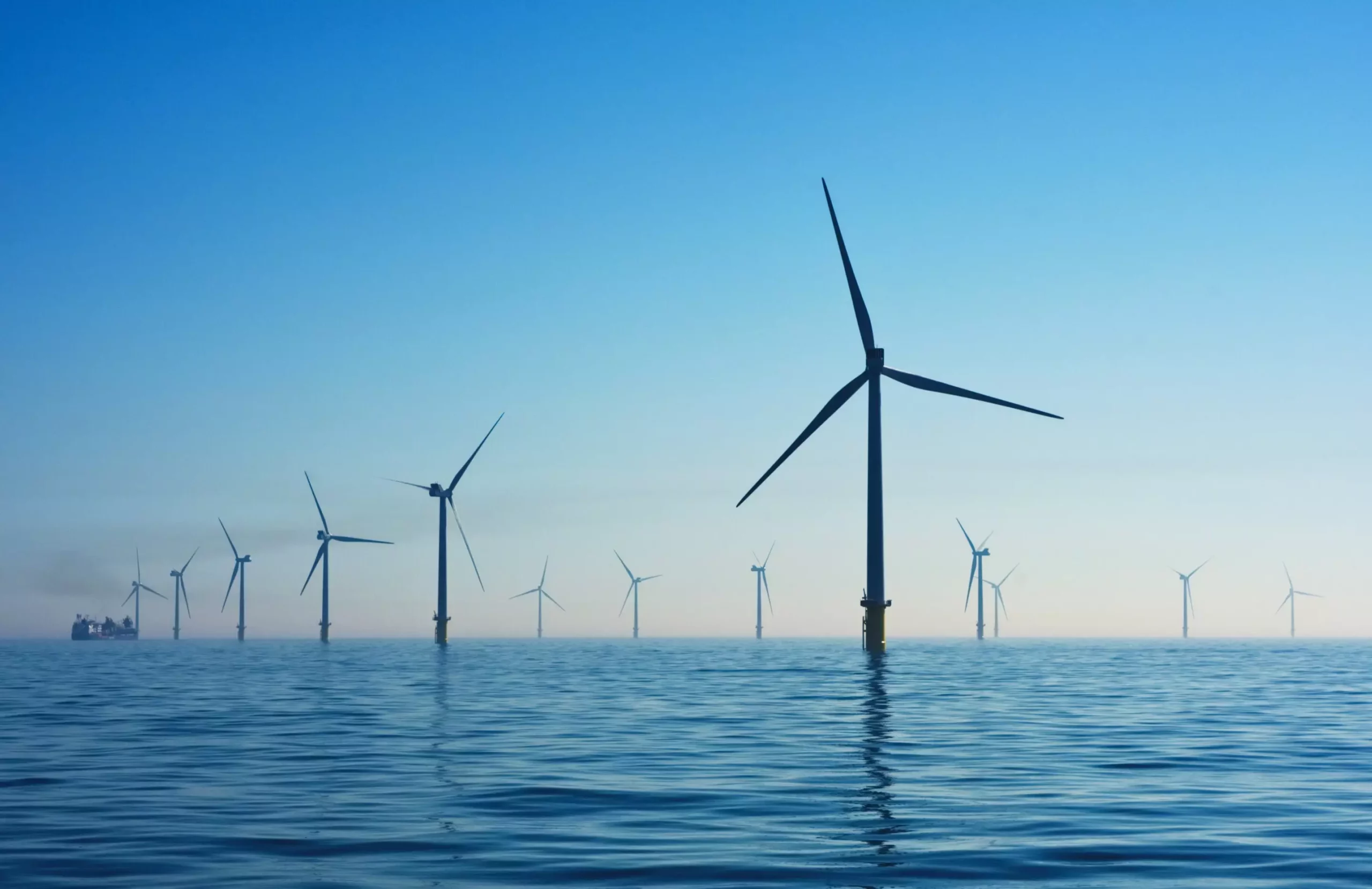The debate over offshore wind energy has reached a critical juncture, particularly for residents of Nantucket, Massachusetts. With the mounting pressure to transition towards renewable energy sources, many communities are grappling with the implications of such projects on local ecosystems. Nantucket residents, unified under the advocacy group ACK For Whales, have escalated their fight by petitioning the Supreme Court to reconsider a lower court decision that facilitates the fast-tracking of offshore wind farm approvals, notably without adequate evaluation of potential harm to the local marine environment.
Nantucket’s conflict intensified following a significant incident involving Vineyard Wind. The malfunction of a turbine blade in July raised alarm bells about the reliability and safety of offshore wind technologies. As the islanders observed the repercussions of this failure, voices calling for heightened scrutiny of the industry grew louder. ACK For Whales, a nonpartisan community organization, emerged as a focal point for concern, positioning itself against the backdrop of an increasingly contentious offshore wind narrative.
Instead of simply opposing the wind projects, ACK For Whales articulated its case through environmental law, specifically invoking the Endangered Species Act (ESA). They argue that the approval processes for the 62-turbine, 806-megawatt Vineyard Wind project violated crucial provisions of the ESA intended to protect endangered species, particularly the North Atlantic right whale, which faces severe population threats.
The legal journey for ACK For Whales has been fraught with challenges. A federal appeals court upheld lower court decisions that dismissed the group’s concerns and interpretations of the ESA. This judicial approach prompted frustration from ACK For Whales, as they felt their arguments were inadequately acknowledged. The assertion was that federal agencies demonstrated a disregard for scientific data in favor of expediency, in turn compromising the welfare of critically endangered marine life.
The core argument hammered home by the group focuses on the federal requirement to leverage the “best available scientific and commercial data” when making determinations that could impact endangered species. Vallorie Oliver, president of ACK For Whales, captured the sentiment of the community in her remarks questioning the integrity of federal priorities and the consequences that might ensue from hasty wind project approvals.
Amid this legal struggle, the narrative has turned hostile towards the advocates for endangered species protection. With federal attorneys suggesting that local fishermen and residents lack a vested interest in safeguarding whales, the underlying tension between environmental advocates and industrial proponents has surfaced. This presents a classical dichotomy — the urgent need for renewable energy versus the equally pressing need to protect marine biodiversity. Each side vies for legitimacy and urgency in the broader coastal ecosystem dialogue.
ACK For Whales has called for an immediate moratorium on all offshore wind developments as a response to the perceived environmental threat. They argue that halting these projects would allow time for a more profound examination of their potential impacts. The recent Supreme Court Loper Bright decision, which reinforces judicial review of agency interpretations, adds an additional layer of hope for environmental advocates who seek strict adherence to legislative standards when it comes to ecological conservation.
Nantucket’s ongoing legal battle represents more than just a local concern; it reflects a national dialogue on balancing renewable energy ambitions with environmental accountability. As states pursue aggressive renewable energy agendas, challenges like those posed by ACK For Whales will play a significant role in shaping the conversation surrounding adaptation and compromise. The future of offshore wind projects may very well hinge on how effectively stakeholders can navigate legal frameworks, ensure compliance with the ESA, and prioritize the sanctity of marine ecosystems over immediate energy needs. Without careful arbitration, there is a danger that the rush towards sustainability could come at a catastrophic cost to the invaluable natural resources that we currently have.

